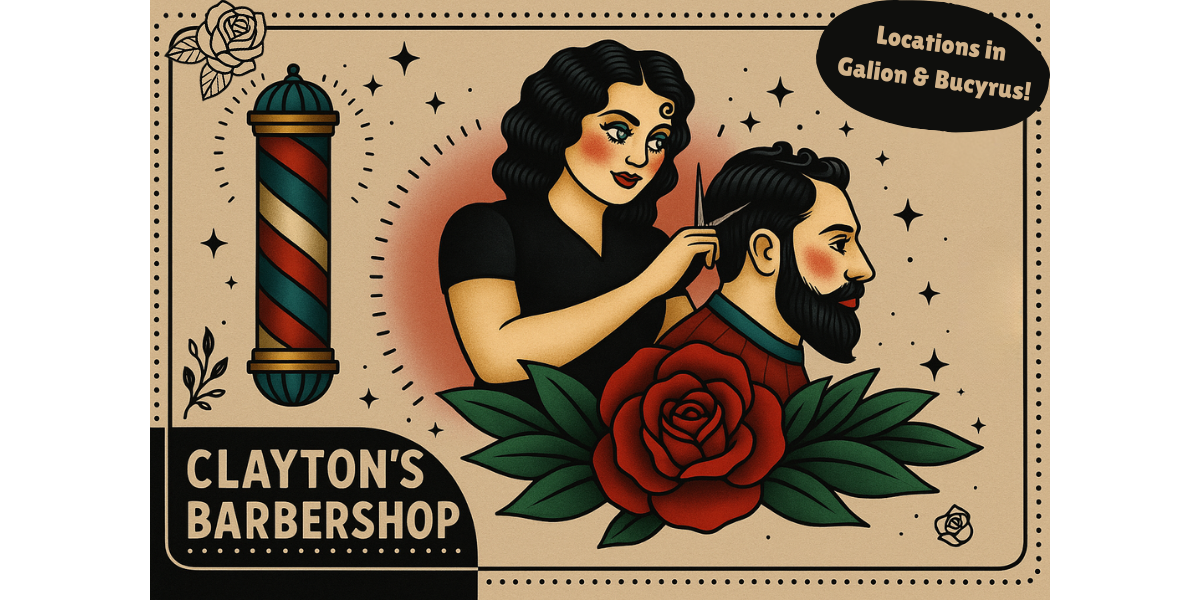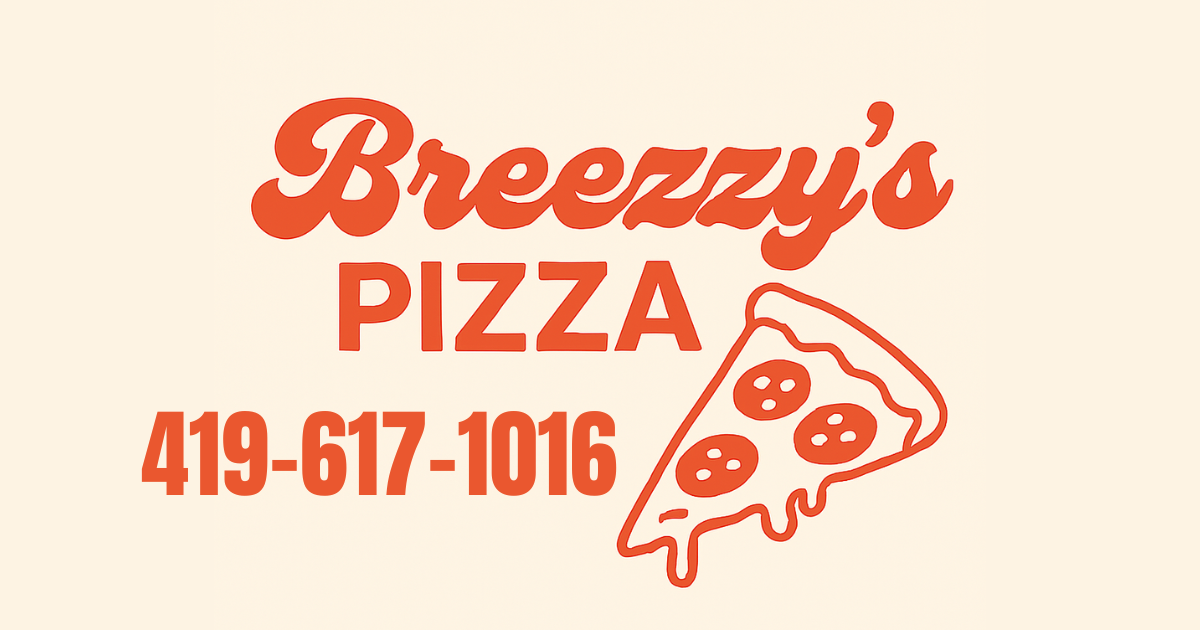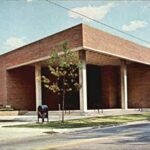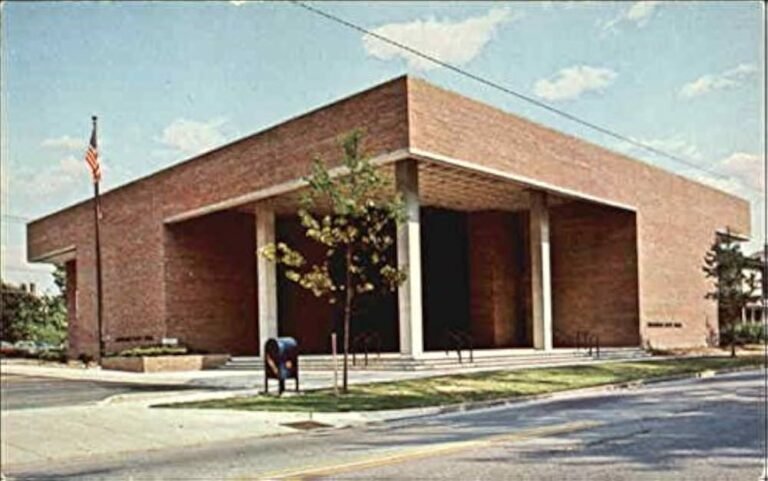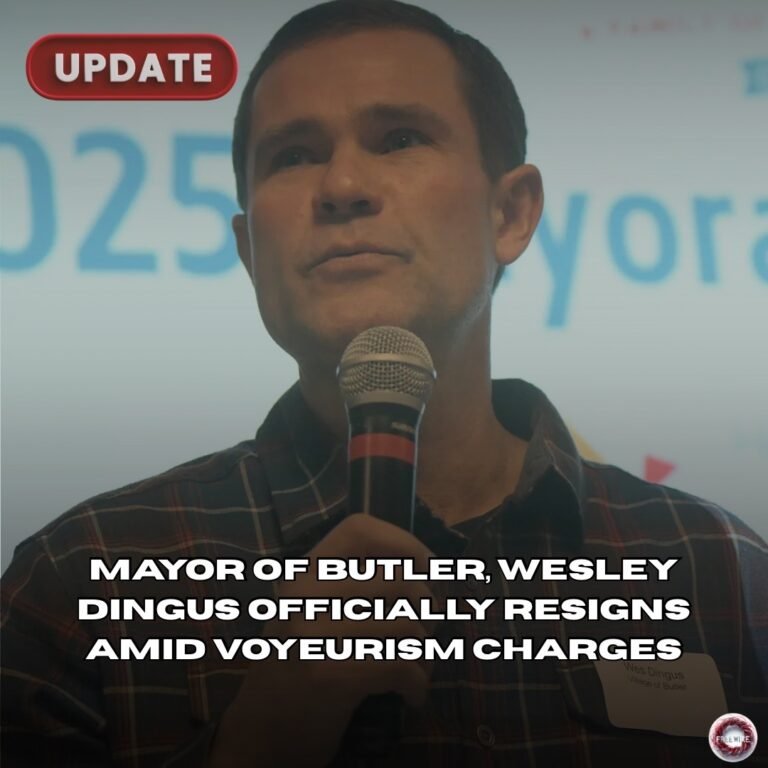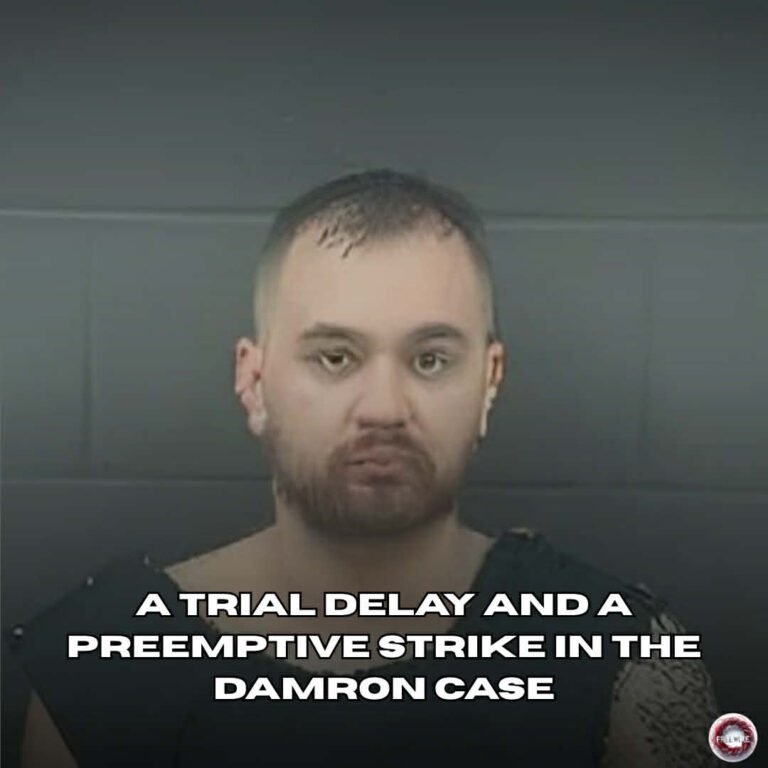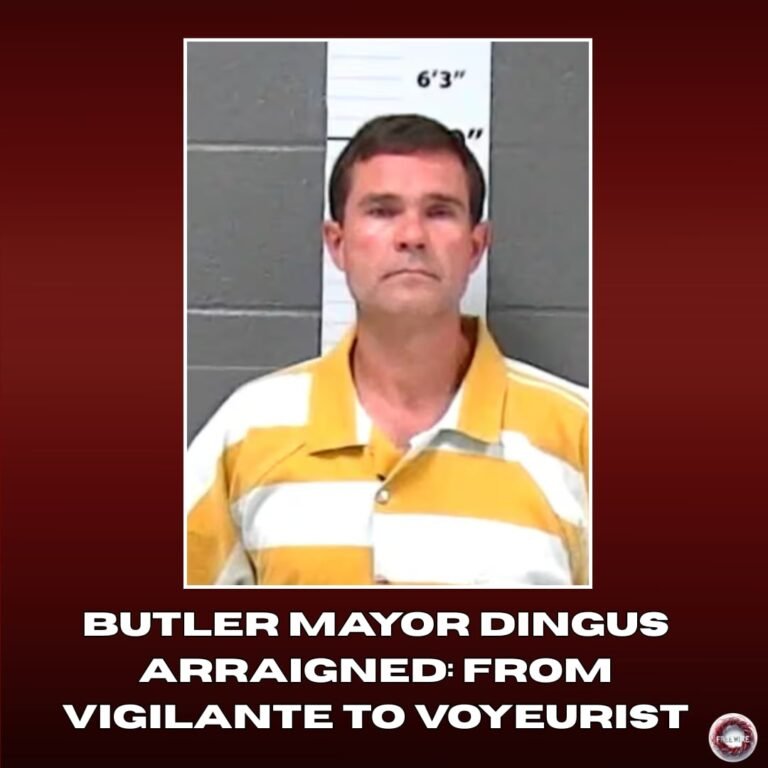By Logan Andrew, Editor-in-Chief | FreeWire — Your News, Your Voice

Jonathan Joss, best known as the voice of John Redcorn on King of the Hill, was shot and killed Saturday in what his husband says was a targeted, hate-fueled attack. He was 59 years old.
The shooting took place in San Antonio, Texas, at the site of Joss’s former home, which had burned down earlier this year in a fire that also killed three of the couple’s dogs. According to his husband, Tristan Kern de Gonzales, the two returned to the property to retrieve mail and discovered what they believed to be one of their dogs’ remains placed in a disturbing manner. That’s when a neighbor, identified as Sigfredo Alvarez Ceja, allegedly confronted them, shouted homophobic slurs, and opened fire.
Joss was shot while shielding his husband from the gunfire. Ceja has been arrested and charged with murder.
San Antonio Police have claimed there’s no evidence the shooting was a hate crime, but family and supporters say the couple had reported repeated threats and harassment in the months leading up to the attack—concerns they feel were ignored by authorities.
Joss was of Comanche and White Mountain Apache heritage and became a prominent figure in Native representation on television. He joined King of the Hill in the show’s second season after the death of original actor Victor Aaron and remained a fixture until the series ended. His voice brought humanity and humor to the character of John Redcorn, a role that broke ground for Native representation in animated media.
He also appeared in Parks and Recreation as Chief Ken Hotate, and had roles in True Grit, The Magnificent Seven, Ray Donovan, and Tulsa King. Joss was also a musician, performing with The Red Corn Band, and had recently completed voice work for Hulu’s upcoming King of the Hill revival, set to premiere in August.
“He died protecting me,” his husband said in a public statement. “That’s who he was—loyal, brave, and full of love.”
Joss’s death is being mourned across the country by fans, fellow actors, and advocates who say it underscores how hate and violence still threaten marginalized communities. But those who knew him say his legacy will endure—through his voice, his work, and the people he stood up for.






